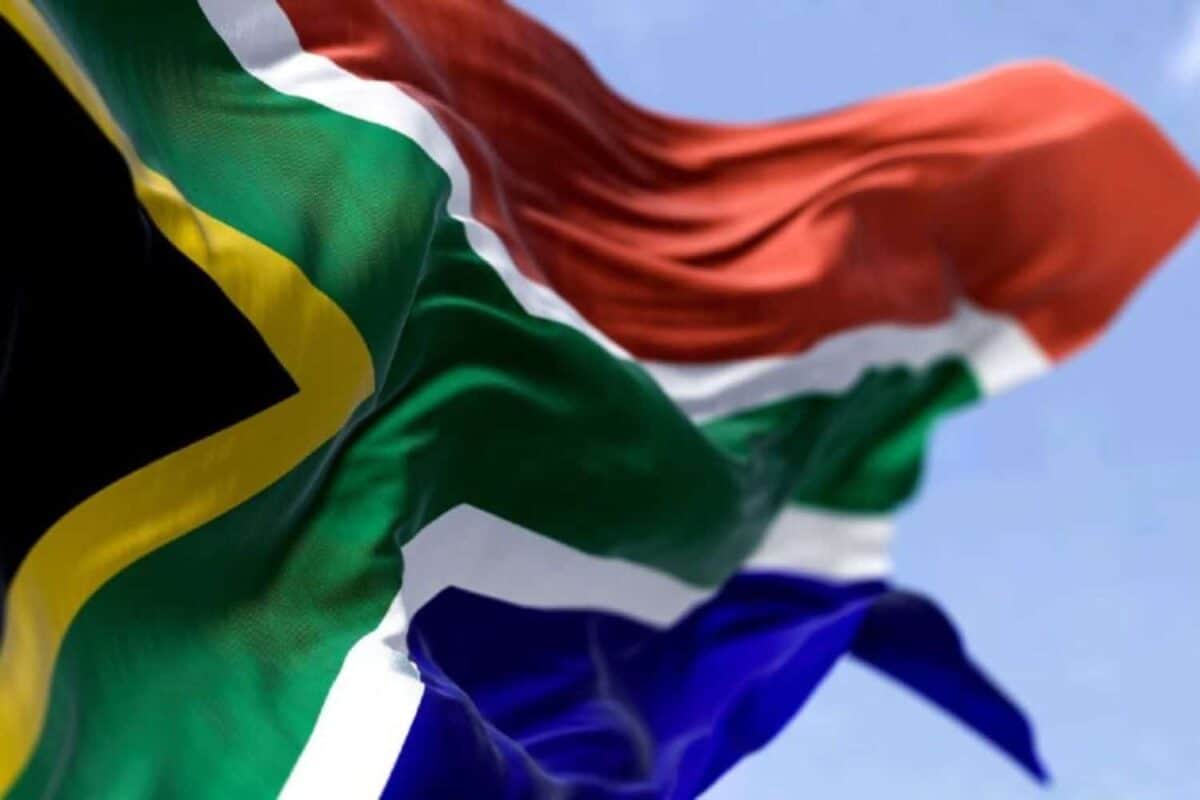Those that walked out must go and sit down away from the public glare and ‘talk about talks’ until they find common ground.

In the run-up to the election that ushered in democracy in 1994, there were quite a number of bilateral talks that took place, not only between representatives of the then-banned ANC and the government at the time, but also between figures like Harry Schwarz of the liberal United Party and Mangosuthu Buthelezi, the leader of the homeland of KwaZulu-Natal.
These faith-based talks resulted in what came to be known as the Mahlabatini Declaration of Faith. This was in 1974, about 20 years before democracy.
There were also talks between private sector businesspeople and the liberation movements outside of the country and even secret talks between jailed Nelson Mandela and National Intelligence Service leader Neil Barnard.
Some of those talks led to absolutely nothing, but others led to the establishment of the Convention for a Democratic South Africa.
All the talks that preceded that moment were necessary, even the ones that led to nothing.
The Mahlabatini Declaration of Faith, for instance, demonstrated that although people can meet to map out the future of a country in which they deem themselves important enough to engage, credibility cannot be declared by the organisers of the talks themselves, but by those they represent and how they carry the aspirations of those they represent.
ALSO READ: Mr President, delay National Dialogue
The Mahlabatini declaration led to nothing because it lacked credibility. That is the risk that the National Dialogue runs.
To start with, President Cyril Ramaphosa and his advisors should acknowledge that it is the ANC government that brought the country to this moment.
What is this moment? A time when the country feels directionless, where the initial hope and belief in a prosperous future have all but faded.
That admission is not to say that South Africa’s problems were all created by the ANC; no, it would simply be an admission that Project South Africa was handed over to the ANC in 1994 with the country trusting and believing that they would steer the project with honesty and integrity, with the sole aim of building a country that all citizens would be proud of, where dignity is restored to every citizen, especially the poorest of the poor.
The admission would be: “We failed and got distracted by, among other things, the lure of personal wealth.”
The only way the National Dialogue will work and not be a waste of taxpayers’ money is if all the players realise that it is not about them.
ALSO READ: Still no confirmation on cost of controversial National Dialogue
It is not about Ramaphosa or former president Thabo Mbeki or even their legacies for that matter.
It should not be about whether the ANC will get bashed just before an election in 2026, or whether the opposition will feel excluded.
It should and must be about whether the South African who lives in a shack in Chris Hani informal settlement, having even given up looking for a job, will have their hope restored.
It should be about whether South Africans going about their daily life feel the government has a handle on their own personal safety.
They must feel the National Dialogue will fix the police force or will provide a way to stop them and their relatives from getting murdered in broad daylight.
How is this going to happen? Those that walked out over the budget and those imposing a budget on the talks need to do what the founders of modern-day South Africa did: go and sit down away from the public glare and “talk about talks” until they find common ground.
ALSO READ: Who is footing the bill for the National Dialogue? Presidency breaks it down






